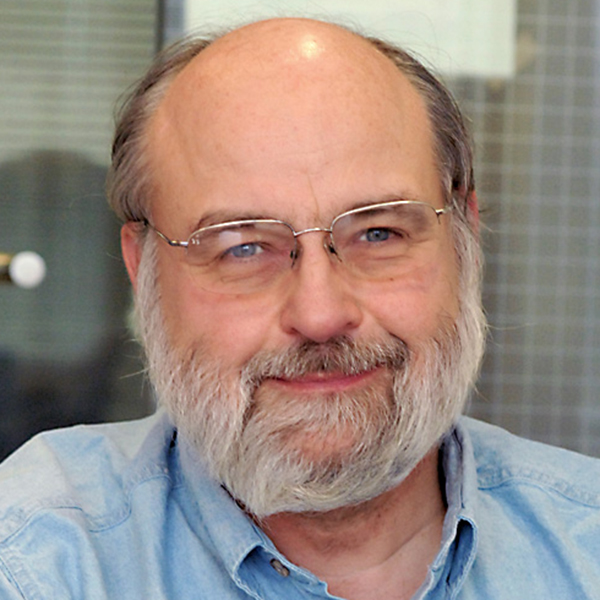Duncan Steel Honored with Graduate Student Mentor Award

 Enlarge
Enlarge
Duncan Steel, Robert J. Hiller Professor of EECS, as well as professor of Physics, Applied Physics, and the Biophysics Program, and Senior Research Scientist at the Institute of Gerontology, has been selected to receive a 2010 Rackham Distinguished Graduate Mentor Award for his efforts as advisor, teacher, advocate, sponsor, and role model to doctoral students.
Prof. Steel was praised for his reputation of giving his students freedom to explore their own directions, balancing student freedom with guidance while developing a collaborative relationship in research. His students have expressed tremendous gratitude to be able to work at the frontier of quantum optics, while still being allowed to develop as independent scientists – learning through mistakes and blazing new paths in the process.
Upon graduation, Prof. Steel continues to actively support his students’ professional careers, which have been quite prestigious as well. His students have established successful careers in academia, independent research programs at national labs, and have even established international reputations of their own. To date, he has graduated 38 PhD students, and has quite a few more about to graduate.
Prof. Steel has been one of the recognized pioneers in the field of coherent nonlinear laser science for more than twenty-five years. His research has focused on the development and application of various laser-matter interaction studies and quantum optics in fields including plasmas, optical phase conjugation, atomic and molecular spectroscopy, condensed matter physics, protein folding and quantum computing. This work has generated over 4000 citations.
Prof. Steel is a Fellow of APS, IEEE, and the Optical Society of America. He is the recipient of a Guggenheim Fellowship, and more recently the Frank Isakson Prize for Optical Effects in Solids, which is the highest prize awarded by the American Physical Society for solid state optics.
In the area of teaching, Prof. Steel developed the full year graduate course, Applied Quantum Mechanics, to emphasize problem solving in important emerging areas in technology including nano-science, computing, and communications. He also developed the graduate level course, Quantum Optics, to teach the basics of laser physics, spectroscopy, and quantum optics.
 MENU
MENU